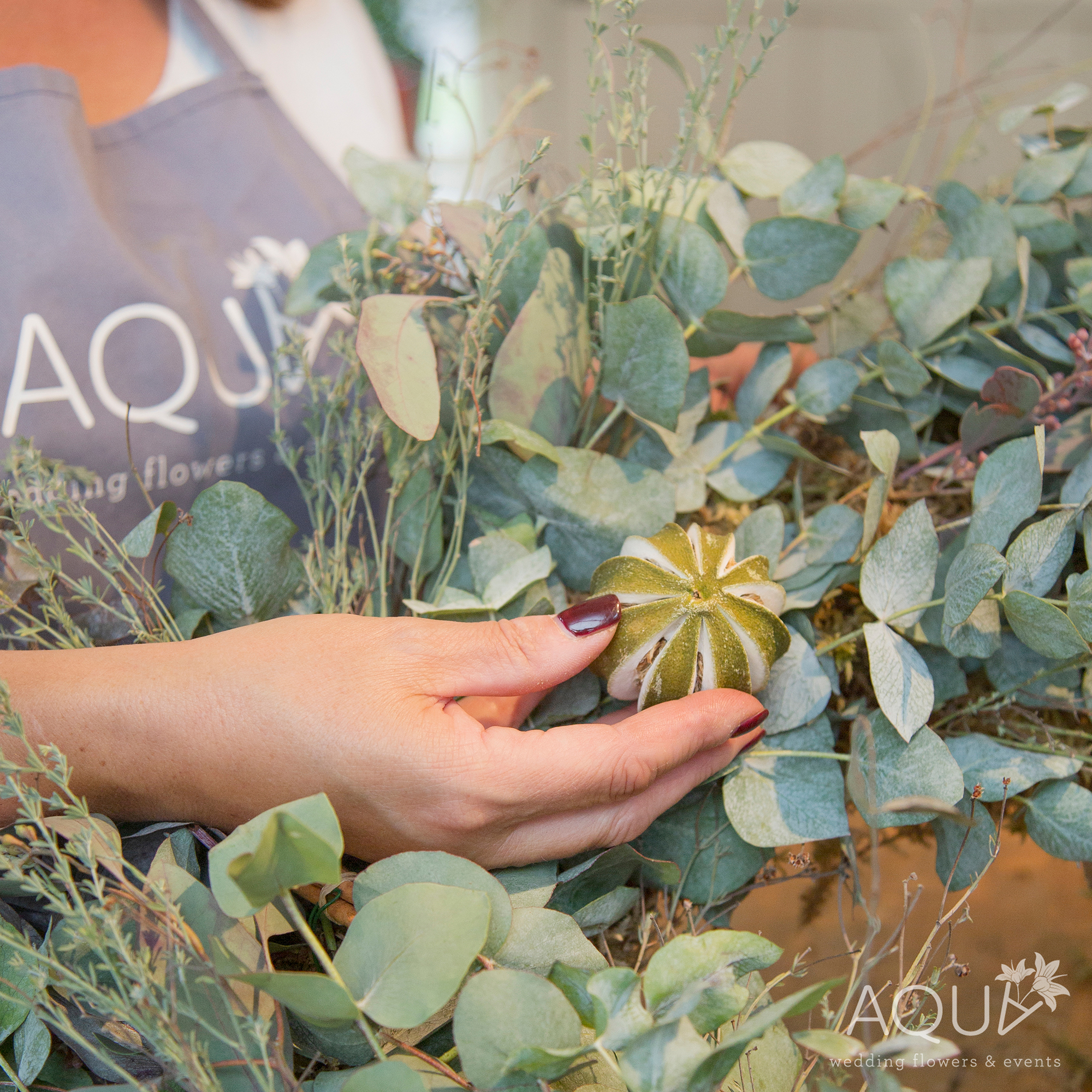Sustainability at Miserden
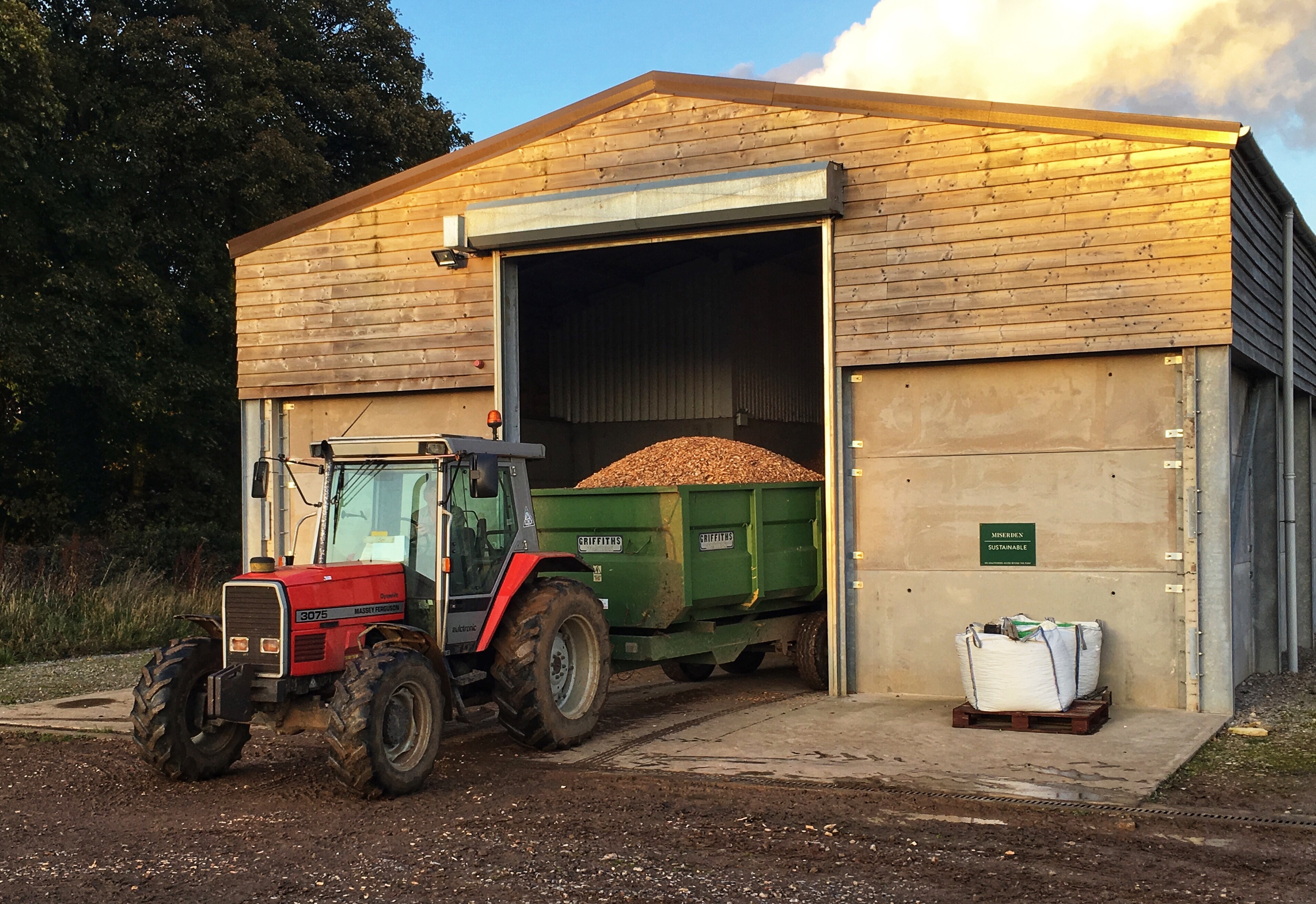
We are committed to reducing our carbon footprint. The most noticeable improvement has been the addition of two 360 kW biomass boilers which provide heat and hot water for all properties in the village. Through sustainable thinning the woodland can produce enough timber to supply the boiler. As far as we know this is the largest privately funded, retro-fit biomass plant in the country. We’re proud to be leading the way in this field.
The woodland has been formally recognised as exceptional having been narrowly beaten into 2nd place by the Duchy Estates in the Silviculture Award at the Excellence in Forestry Awards run by the Royal Forestry Society. The Royal Forestry Society and Cotswold Tree Wardens take great interest in visiting well-managed woodland and Miserden hosts visits from both organisations regularly.
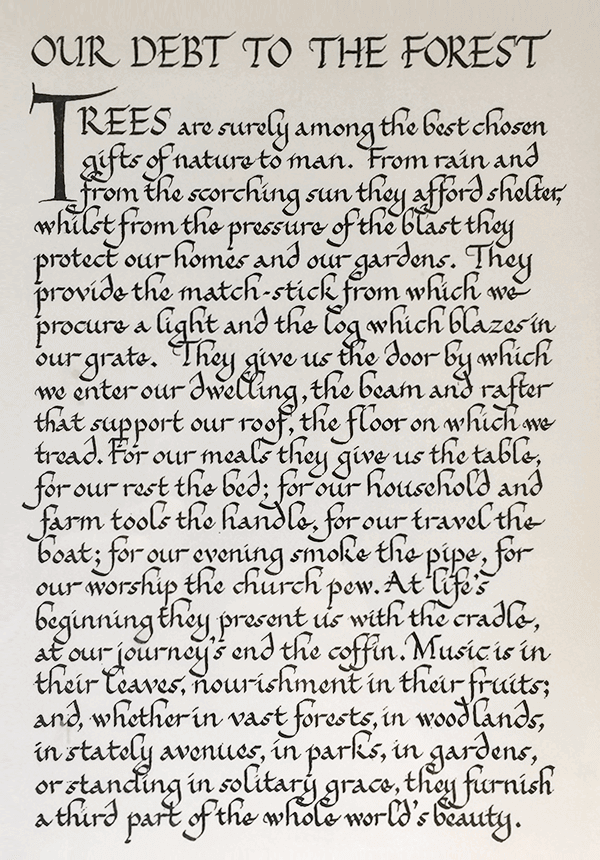
The estate is part of the Higher Level Environmental Stewardship scheme, which requires farmers to carry out a demanding, advisor-led package of habitat management designed to deliver significant environmental benefits. At Miserden our work includes: hedgerow management to provide shelter and a source of food for birds and dormice; uncultivated field margins to offer an extended habitat for all wildlife; and planting bird seed and nectar bearing crops to encourage nectar feeding insects such as bees and butterflies.
We have also been working with project officers from the Rural Sustainable Development Scheme to slow the flow of the River Frome to help prevent flooding further down the river catchment. This has led to the construction of over 30 ‘leaky-dams’ which have already shown to reduce peak flow further downstream after heavy rainfall.
Arable Farming
We are working to a regenerative farming model across the whole farm, where we strive to minimise soil disturbance through minimal cultivation. We use cover crops to maintain ‘living root’ in the soil and keep the soil surface covered to maintain soil health and limit erosion. We also ensure we grow a diverse range of crops and integrate livestock into the rotation. The aim is to reduce our carbon output through reduced diesel and nitrogen fertiliser use, while increasing the soil organic matter content. A 1% increase in organic matter means the soil can store an additional 10 tons of carbon per acre. We have also applied for a mid-tier countryside stewardship scheme, so nearly all arable fields are bounded by a 6 meter wild flower margin to act as a movement corridor for wildlife and help join habitats across the landscape.
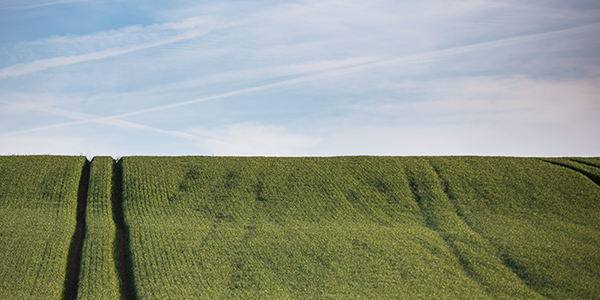
Livestock Farming
As well as a commercial sheep flock we run a small herd of Belted Galloway steers who are used solely for conservation grazing. Throughout the winter they graze the steep banks and woodland clearings to knock down the vigorous grasses, giving the wild flowers a chance to germinate, therefore increasing biodiversity in the sward. Their slow-grown, pasture-fed beef is absolutely delicious.
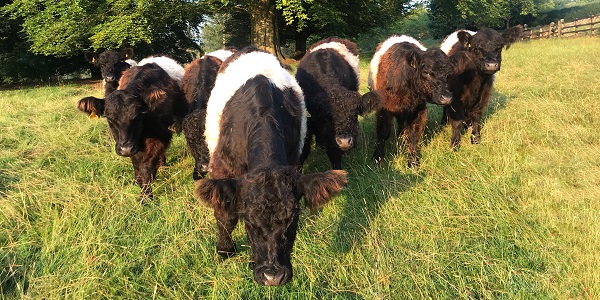
Discover Miserden
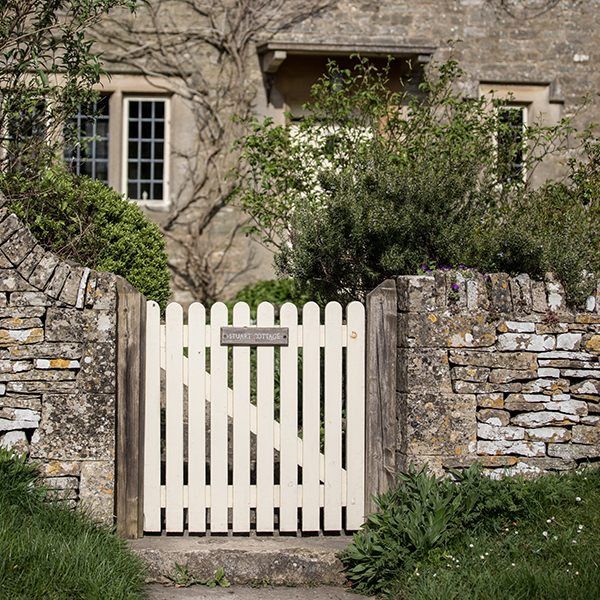
LIVING AT MISERDEN
Charming limestone cottages, a cosy pub and a vibrant village shop all nestle into this Cotswold village with views over an Area of Outstanding Natural Beauty. Find out more.
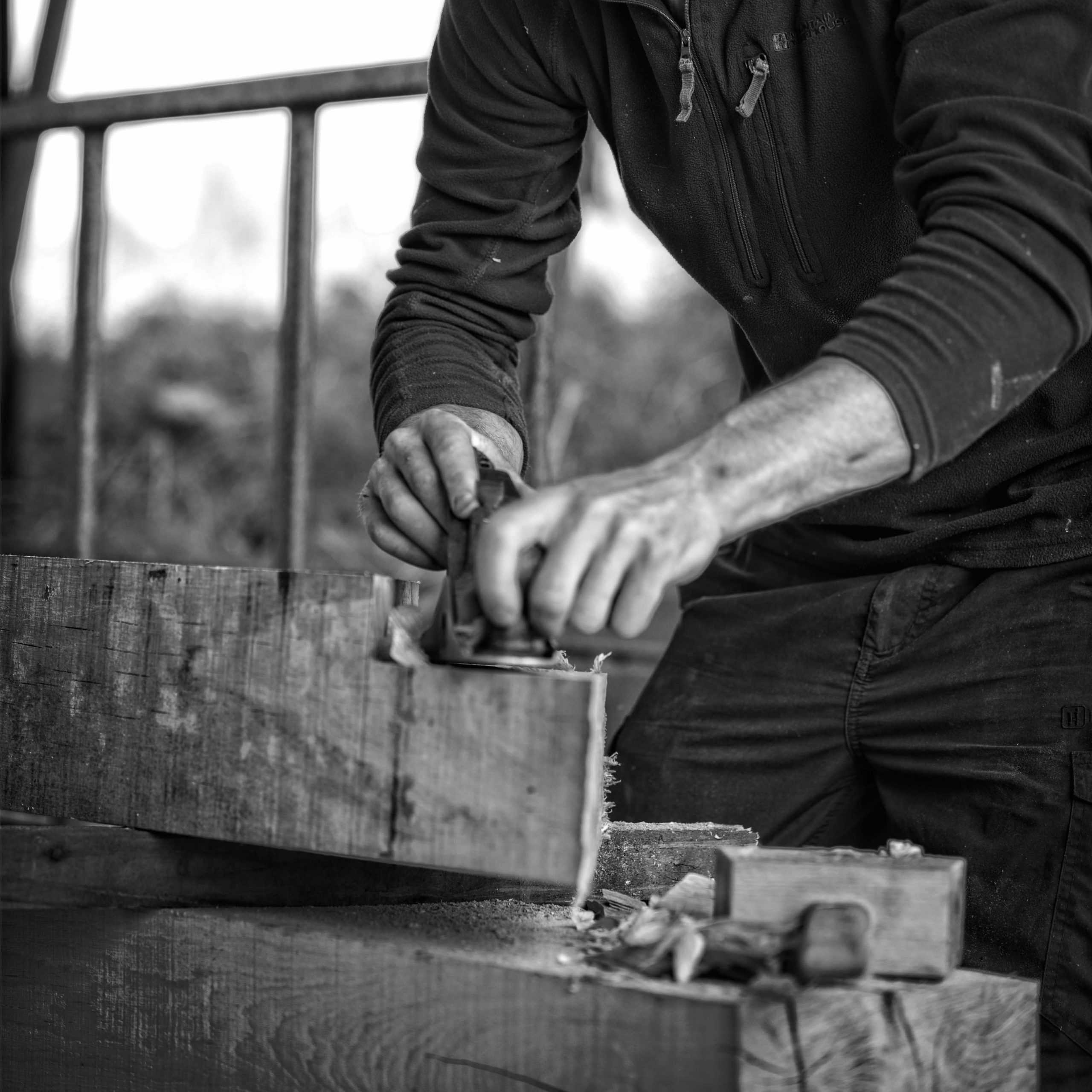
WORKING AT MISERDEN
Miserden provides a variety of different working spaces to a host of professionals who are passionate about what they do. Find out more about this inspiring place to work.
The Estate Office, Miserden,
Near Stroud, Gloucestershire, GL6 7JA
01285 821 303
estate.office@miserden.org

